
Since 2001, Wikipedia has been a space where we come to learn, where public discourse can be found, and where consensus can be reached. From US elections to the list of non-human electoral candidates, everything that’s deemed encyclopedic can be found on Wikipedia. What once seemed impossible has become one of the most successful experiments on the internet, all thanks to people.
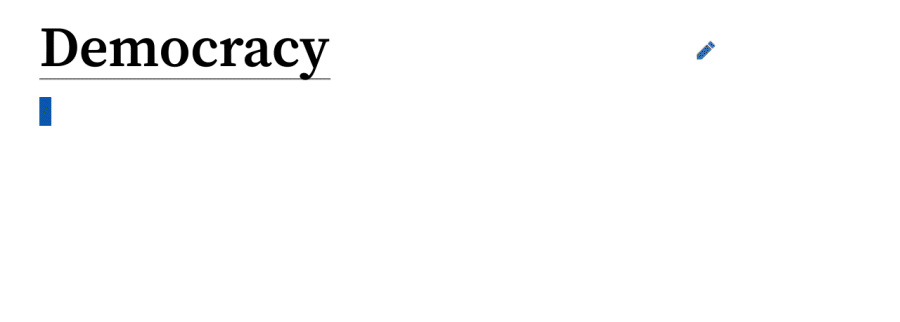
Why trust Wikipedia?
Anyone can edit Wikipedia, but that doesn’t mean they can write anything they want. Wikipedia is a tertiary source, meaning new information can only be added if it’s supported by external sources. Content is fact-checked, debated, and edited every day. There are standards and guidelines, and thousands of volunteers who uphold them. Most vandalism on Wikipedia is addressed within 10 minutes.
We put people at the center of everything we do
Wikipedia is written by real people from around the world. These are professors, researchers and students, but also enthusiasts and curious minds who edit millions of articles across more than 300 languages every day.
We encourage open discourse
People from all backgrounds and walks of life come together to build knowledge on Wikipedia. They debate freely and make editorial decisions openly on talk pages. Click on any article’s edit history and you’ll learn how it evolved over time.
We don’t want to persuade you
As an encyclopedia, the sole purpose of Wikipedia is to inform, explain, and educate the public. We don’t have an agenda we want to pursue.
We know you’re not a product
There are no algorithms to encourage readers to keep scrolling; no ads crowding the pages or tracking users’ every click. Wikipedia is mostly supported by small donations and the project is hosted by a nonprofit organization.
Facts, checked.
15 billion
views on Wikipedia every month
62 million
Wikipedia articles and counting
280,000
volunteer editors internationally
326
languages on Wikipedia and counting
5.7
edits to Wikipedia every second
0
ads served
By humans. For humans.
Who are the people who edit Wikipedia? They come from all sorts of backgrounds, but they all share one goal: To make knowledge available to every single person in the world.
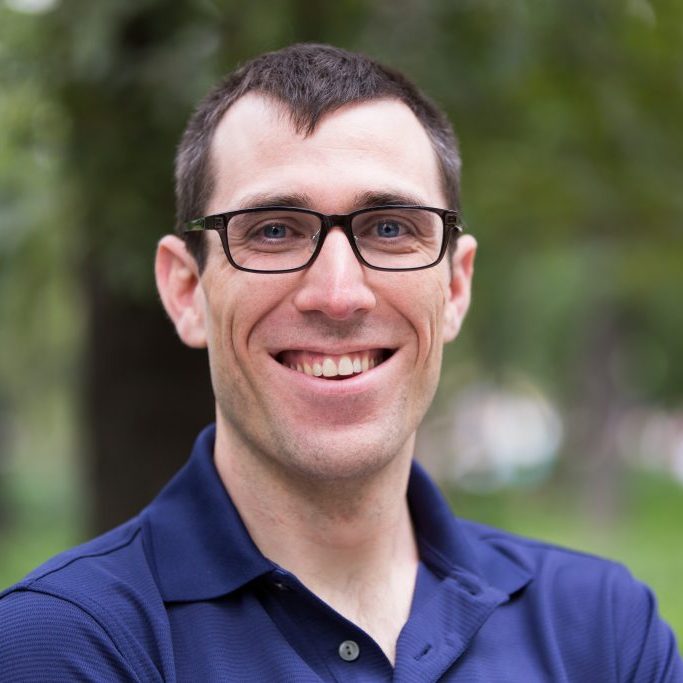
Dr. James Heilman
Dr. Heilman, an emergency physician, has been instrumental in encouraging clinicians to contribute to Wikipedia. Besides his active involvement in WikiProject Medicine and volunteer administration on Wikipedia, he served as the president of Wikimedia Canada and founded the Wiki Project Med Foundation. Learn more about James.
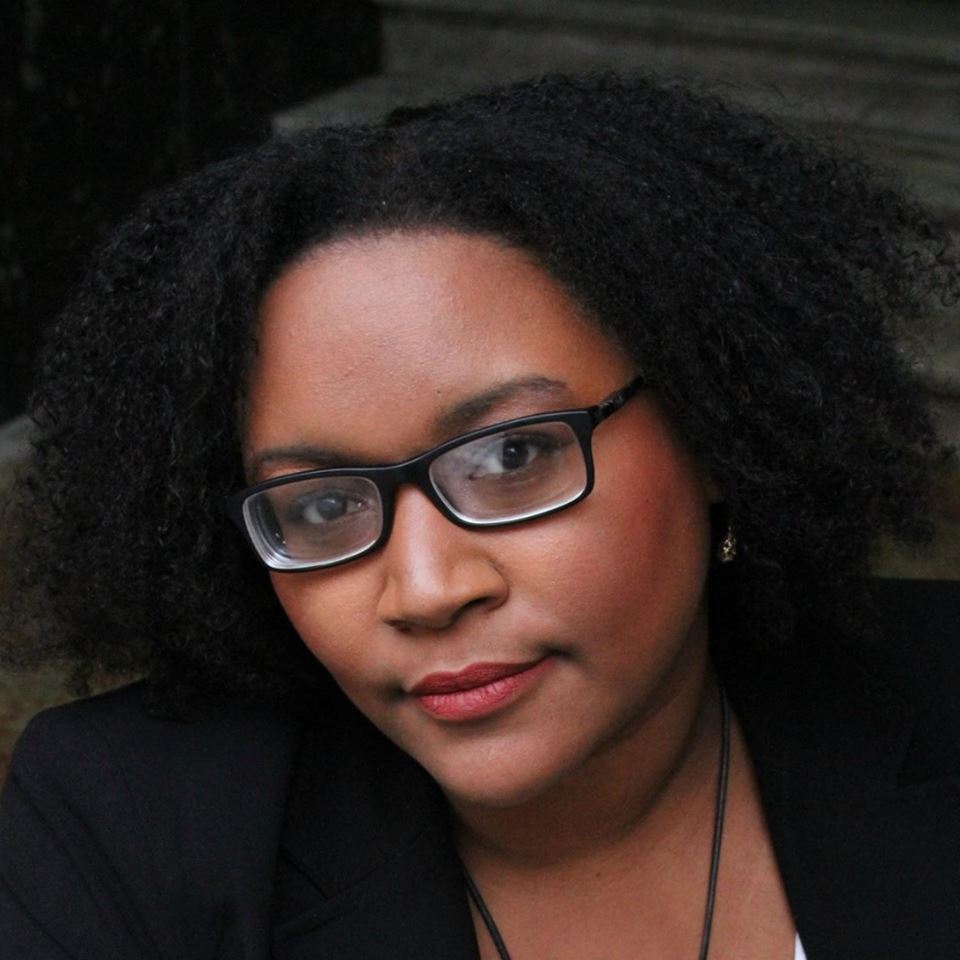
Sherry Antoine
Sherry is on a mission to improve representation on Wikipedia for people of African descent. She is the Executive Director of AfroCROWD, an initiative to create and improve information about black culture and history on Wikipedia, and the lead organizer of the Wikimedians of the Caribbean Usergroup. She is also motivated by a sense of community. So, during the pandemic in 2020, Sherry planned a 24-hour virtual event in which Wikimedia volunteers around the world uploaded pictures and shared updates that represented their experiences in the unique time. Learn more about Sherry.
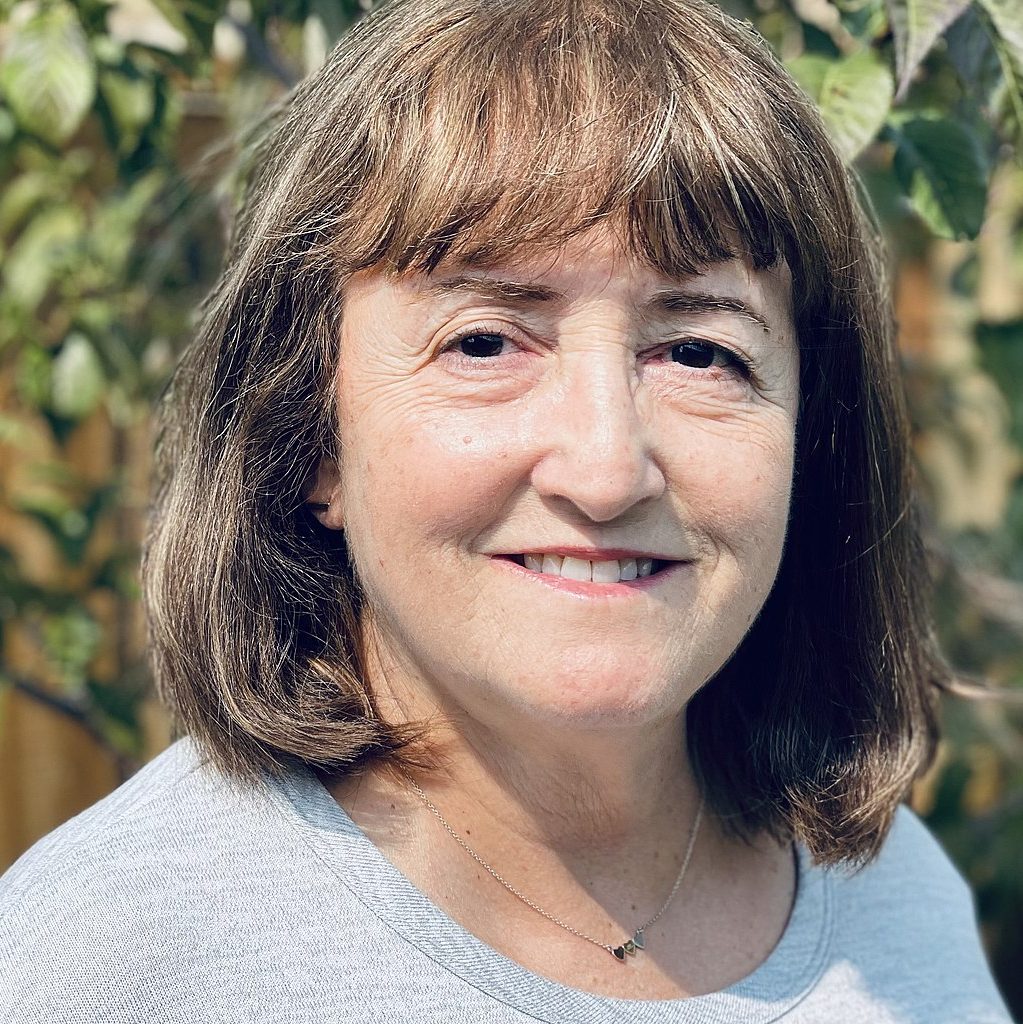
Rosie Stephenson
Rosie’s work to close the gender gap on Wikipedia is so notable that there is a Wikipedia article about it. In 2015, Rosie co-founded Women in Red, a project focused on creating Wikipedia articles about women’s biographies, works, and topics. At the time, only 15% of Wikipedia biographies were about women, and there is still more work to do. Rosie has created 5,000 new articles on Wikipedia, an activity that she says is her great passion in life. Learn more about Rosie.
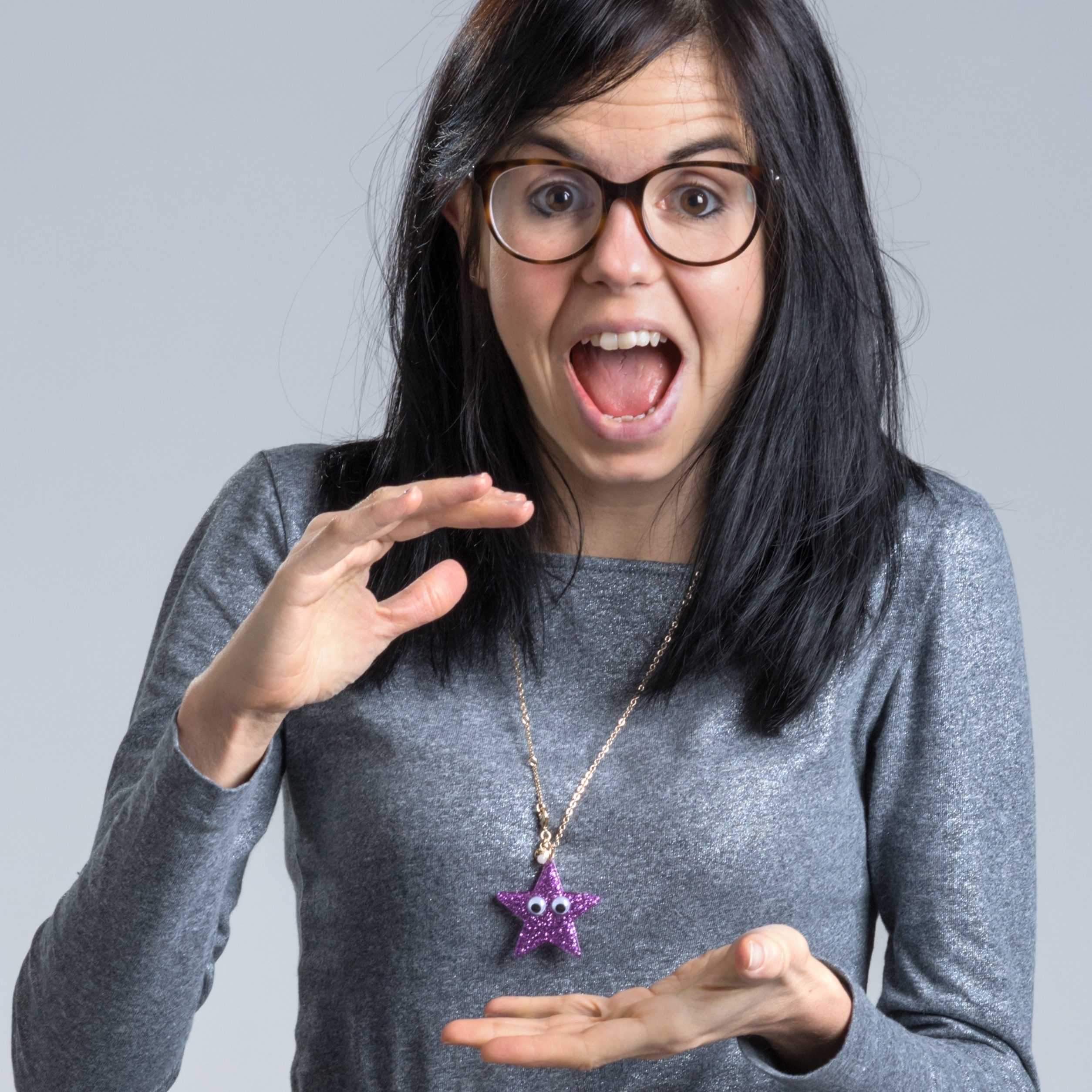
Jess Wade
Dr. Jess Wade, a physicist by day, started editing Wikipedia in 2018 after learning about the site’s knowledge gaps. Since then, she has written nearly 1,200 Wikipedia biographies about women, people of color and LGBTQ+ scientists, helping increase their representation online and beyond. Learn more about Jess.
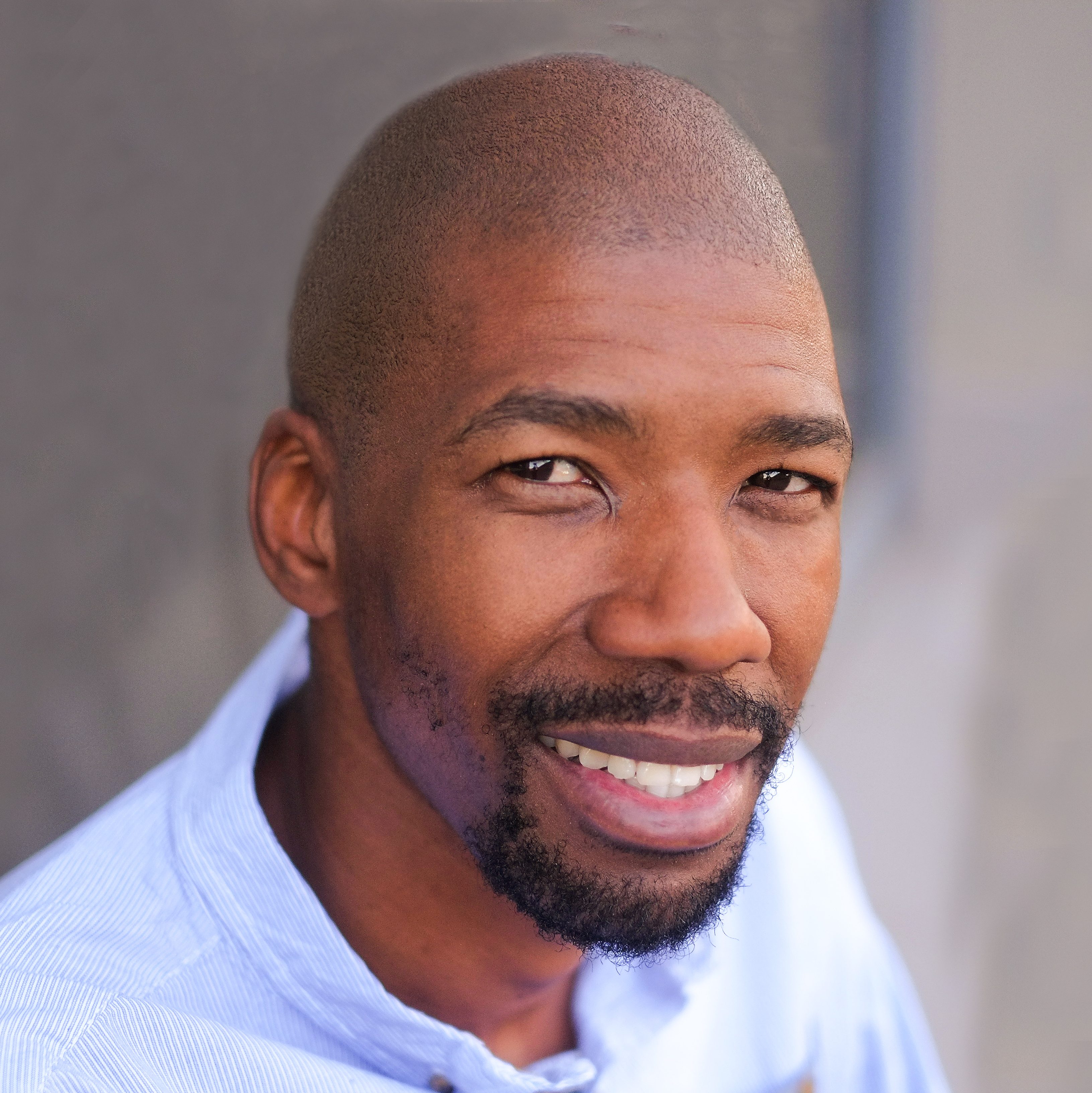
Bobby Shabangu
Bobby speaks five languages fluently. It is a skill he puts to use regularly in editing several language versions of Wikipedia, with a focus on promoting smaller languages such as Swati. In addition to editing, Bobby also supports community engagement activities, which includes sharing input on a new Universal Code of Conduct for all Wikimedia projects. Learn more about Bobby.
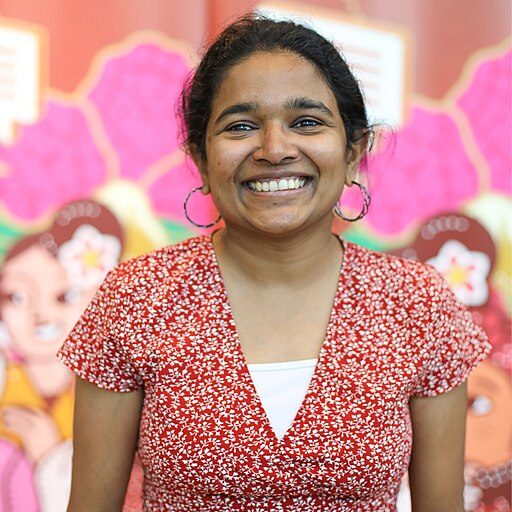
Dr. Netha Hussain
Dr. Netha Hussain began her journey with Wikipedia while still a medical student. Now, after 14 years of contributions and more than 11,600 edits, Dr. Hussain’s articles, including recent ones like Cerebroplacental ratio and acorn cyst sign, often focus on women’s health. Her motivation stems from the belief that “it’s important to offer free, reliable, and updated information related to women’s health in multiple languages. In that way, it would be possible to dispel misinformation and bring more awareness related to women’s health on the internet.” Learn more about Netha.
Help us unlock the world’s knowledge.
As a nonprofit, Wikipedia and our related free knowledge projects are powered primarily through donations.
Donate now
Photo credits
